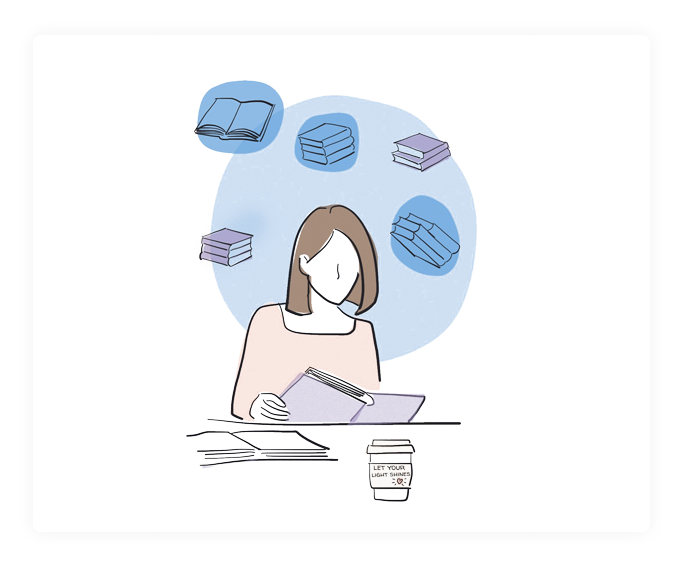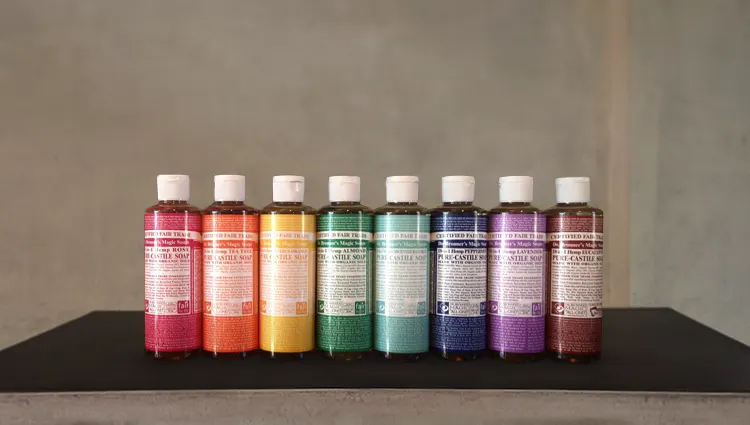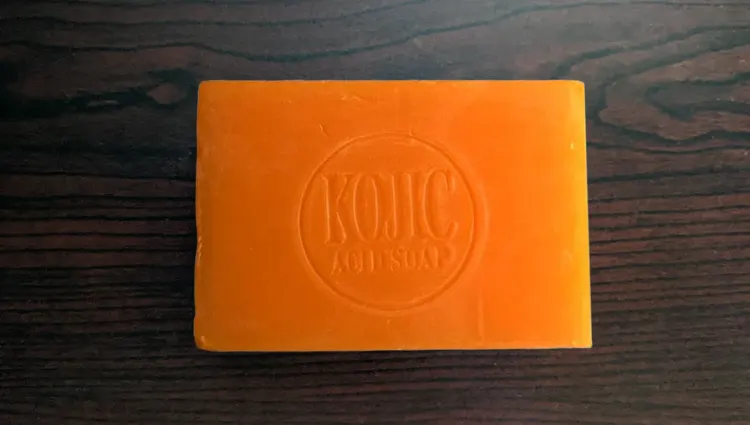
Thorough Research
We delve into the details of each product, exploring its features, benefits, and potential concerns. Our team examines scientific research, user experiences, and expert advice to offer a well-rounded perspective.
We delve into the details of each product, exploring its features, benefits, and potential concerns. Our team examines scientific research, user experiences, and expert advice to offer a well-rounded perspective.
Authentic User Impressions
Lathering up the facts, we compile opinions from a diverse group of soap enthusiasts.
Lathering up the facts, we compile opinions from a diverse group of soap enthusiasts.
Personal Lather Trials
Our reviewers get hands-on, providing insights on foam richness, skin feel, and scent longevity.
Our reviewers get hands-on, providing insights on foam richness, skin feel, and scent longevity.
Clear and Concise Writing
Our skilled writers present the information in a clear, engaging, and easy-to-understand manner. We focus on providing actionable insights to help you make the best choice for your bar soap needs.
Our skilled writers present the information in a clear, engaging, and easy-to-understand manner. We focus on providing actionable insights to help you make the best choice for your bar soap needs.
Regular Updates
We continuously monitor the market for new products and developments, updating our reviews accordingly. This ensures that our content stays relevant and provides you with the most current information.
We continuously monitor the market for new products and developments, updating our reviews accordingly. This ensures that our content stays relevant and provides you with the most current information.









